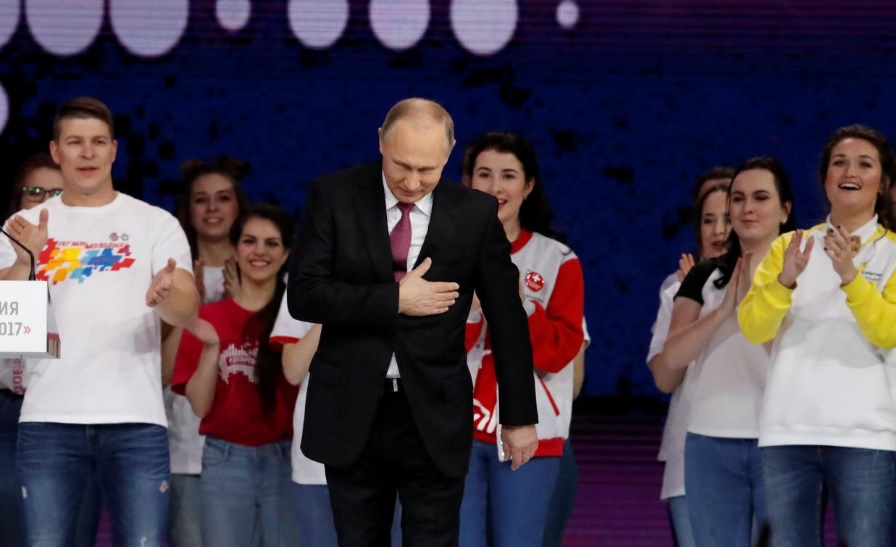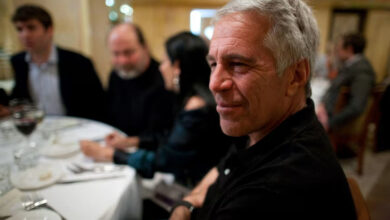A business empire fighting for survival
The 50-year-old businessman Oleg Deripaska will need that assistance more than anybody. In Washington’s eyes, Deripaska is very closely connected to the Kremlin, which is why he was singled out with some of the toughest sanctions. His business empire Basic Element was a main target.
Basic Element is said to have more than 150,000 employees worldwide. The company website claims that 15 percent of Russia’s population is “directly or indirectly” linked to the firm. Among those connected to Basic Element are Rusal, the world’s largest aluminum producer, and the conglomerate Russian Machines, which has a number of subsidiaries in the automobile, aircraft and railway technology sectors.
One rather symbolic detail: The automobile manufacturer GAZ from Nizhny Novgorod also belongs to Russian Machines. It is a traditional Russian company, and it was in front of GAZ’s workers that Vladimir Putin announced he would run for a fourth presidential term in December 2017. He was re-elected in March of this year.
It remains unclear whether jobs will be directly threatened at Deripaska’s companies as a result of US sanctions. Although the US is an important market for Russian aluminum, the lion’s share of Basic Element’s production is destined for the domestic market.
The bigger problem would seem to be the company’s foreign debt. Because of sanctions rules, that debt can only be serviced by the state. Observers say the Deripaska empire could eventually fall under state control as a result.
Many losers, some winners
Although most Russians have felt the effects of Western sanctions, these have not been all that dramatic. The currency market suffered a similar crash in late 2014, yet the cause then was a drop in global oil prices — Russia’s most important export product and its largest source of foreign currency.
Currently, there is much discussion about the fact that a devaluation of the ruble will hit those Russians traveling abroad the hardest. Last year the number of Russians vacationing abroad declined.
Many Russians will likely feel the first consequences of a devaluation of the ruble as a result of sanctions when purchasing electronic goods. The business magazine Vedmosti reports that prices for products such as smartphones and laptops are expected to rise by 5 to 10 percent.
Still, there are those who are profiting from the current situation — above all the Russian tourism industry. For instance, Russians forgoing trips to Turkey due to the increased expense could save money by vacationing on the Crimean peninsula instead.





